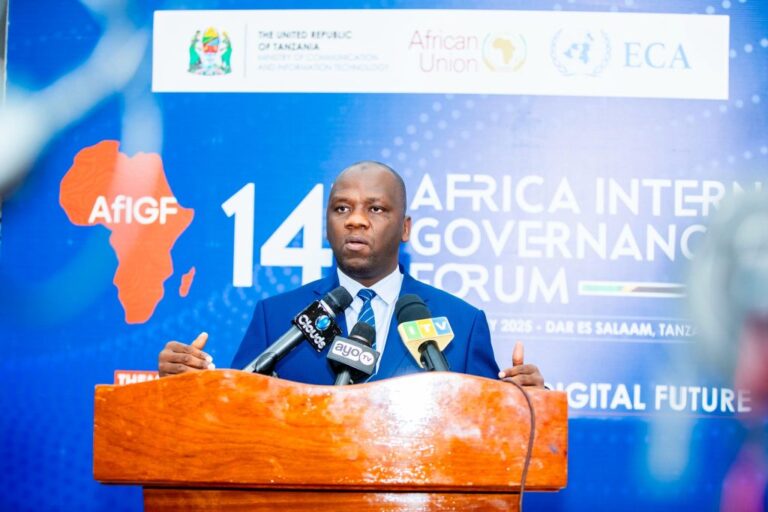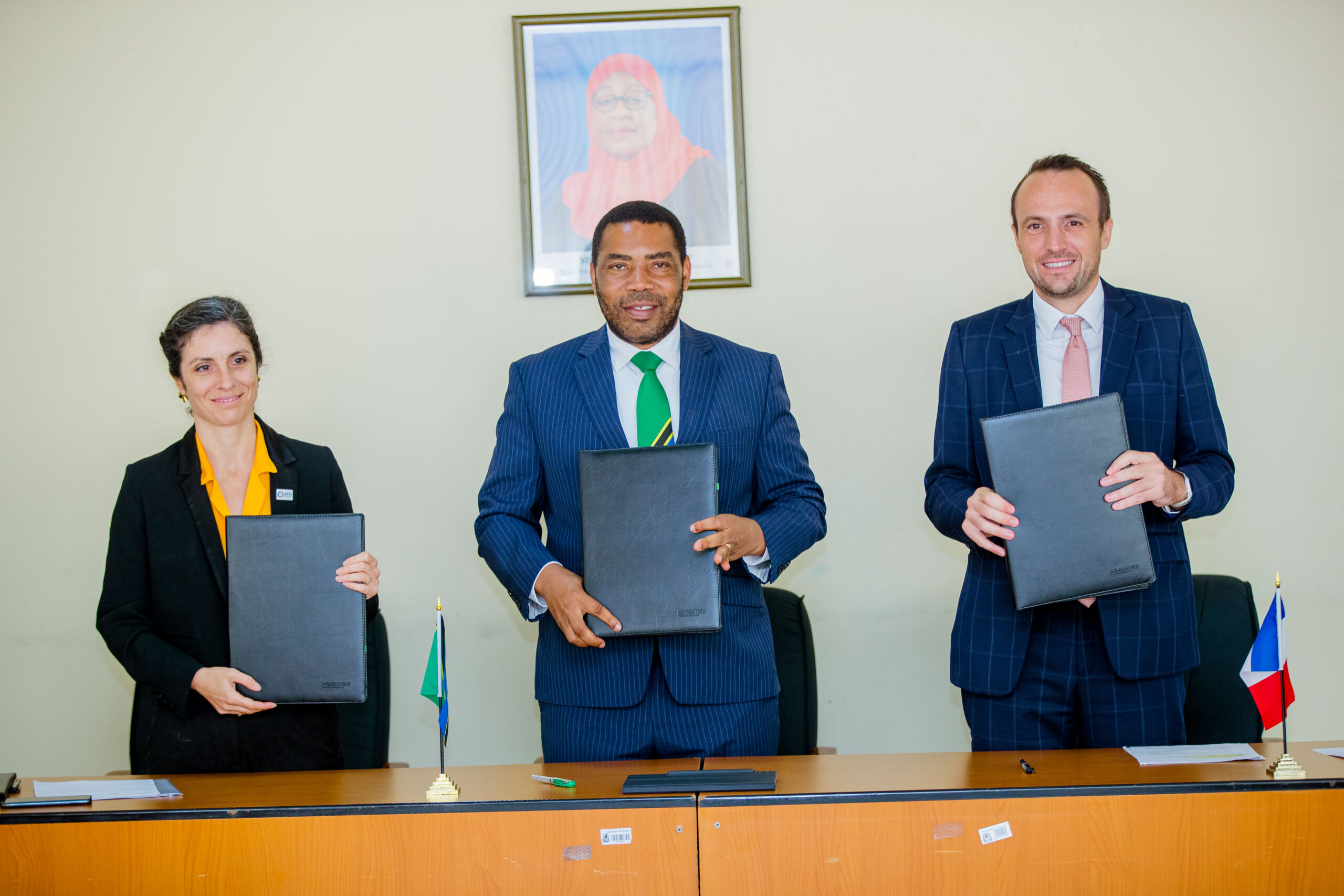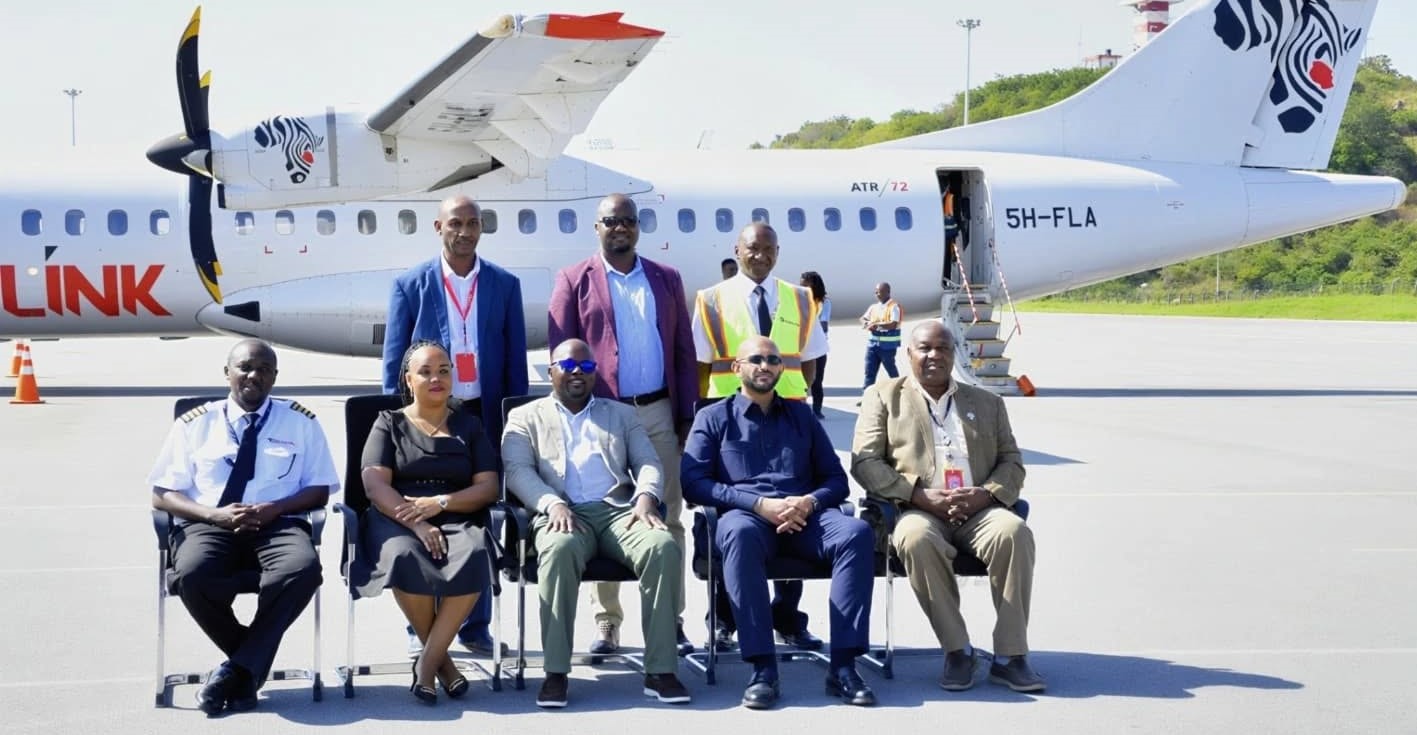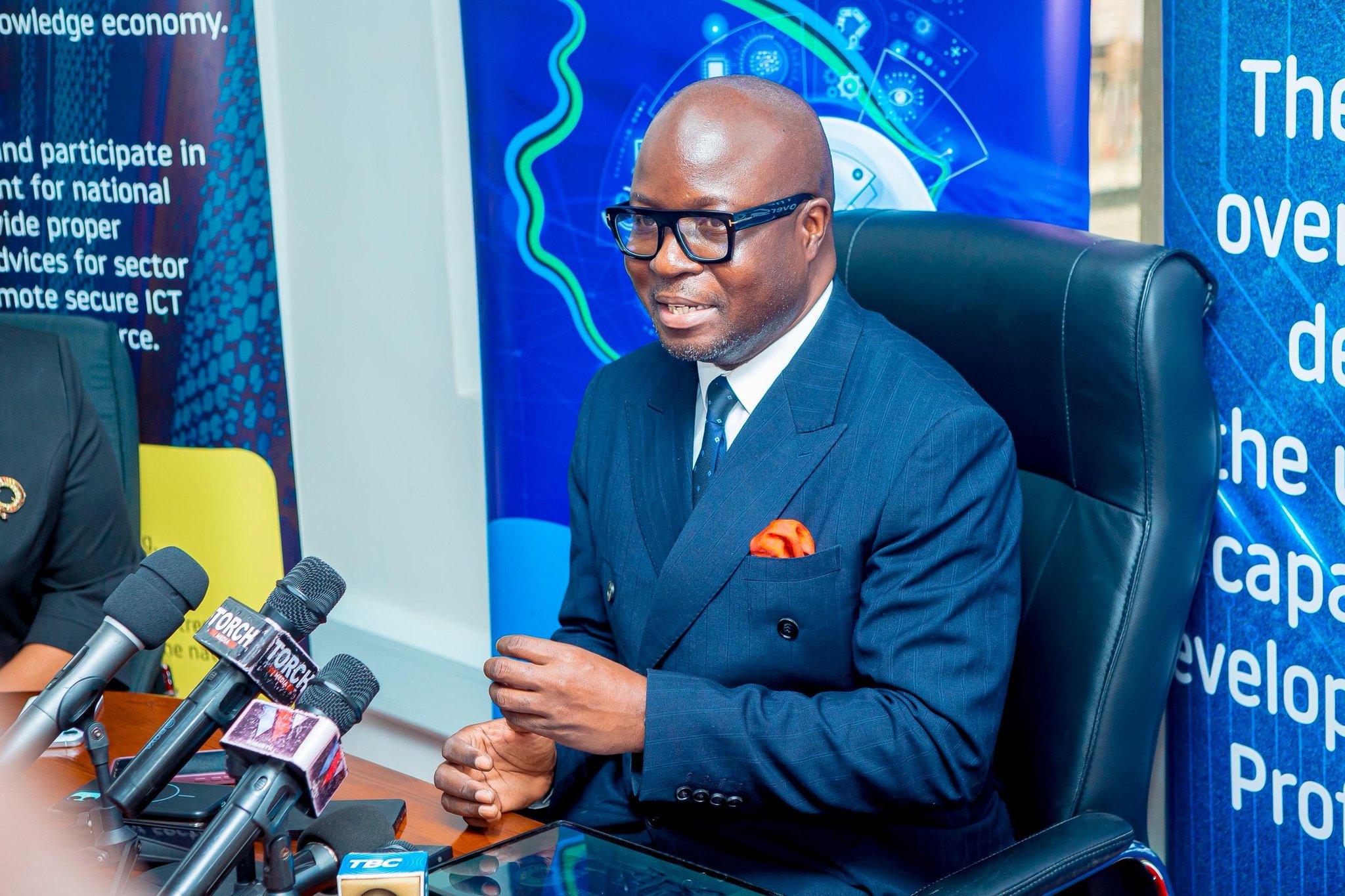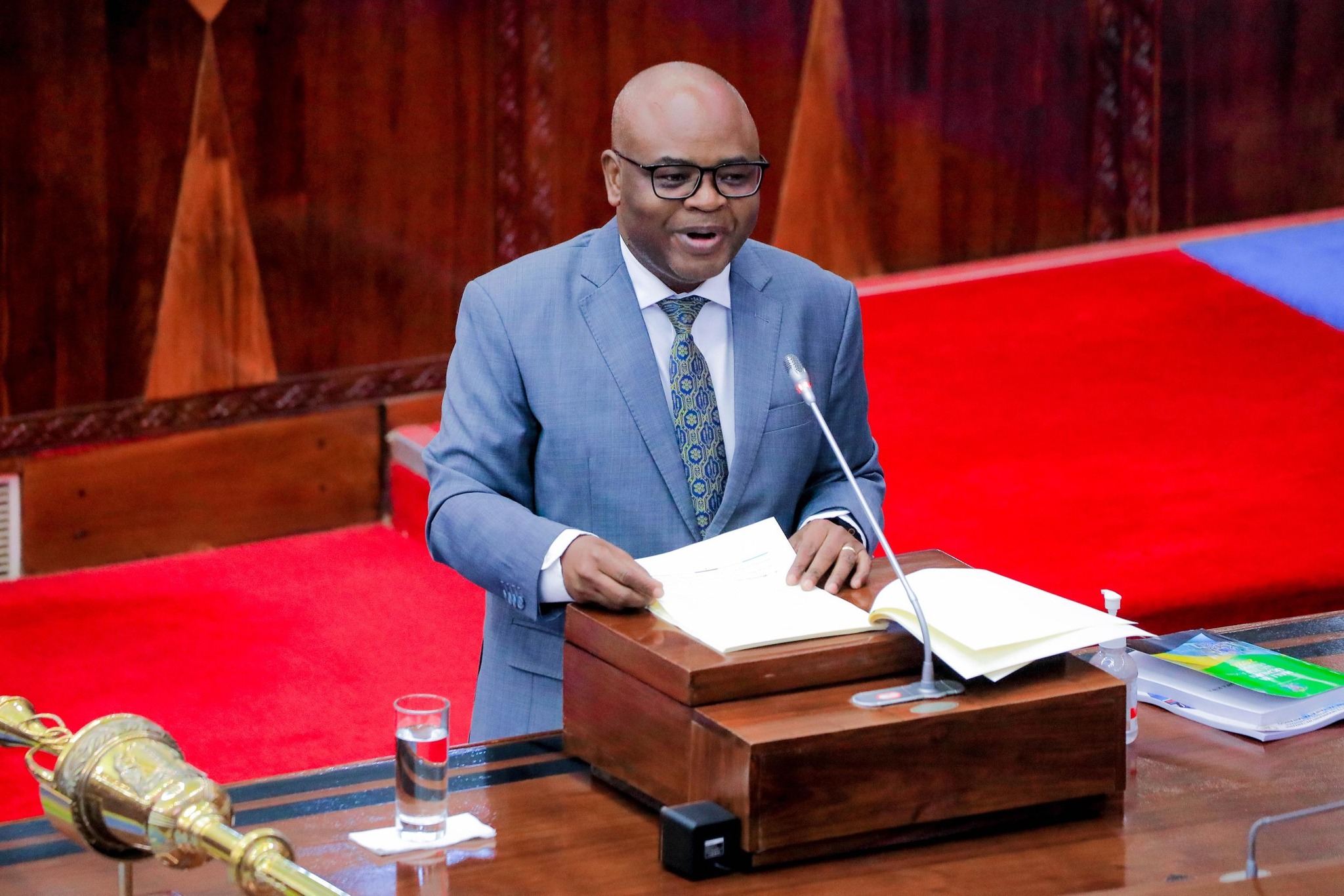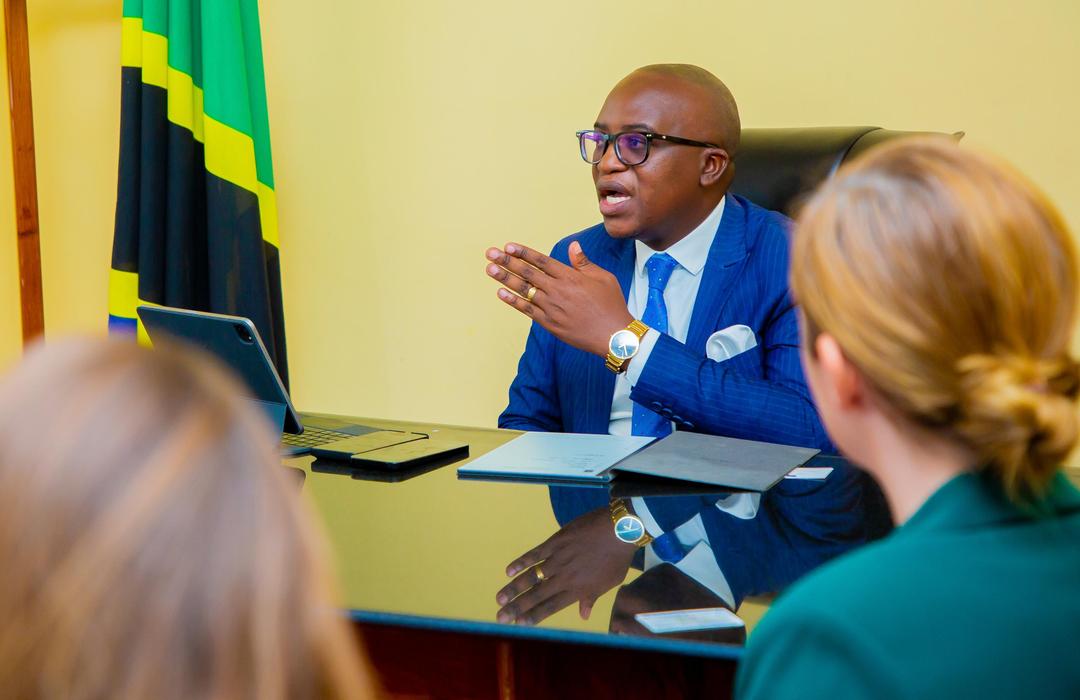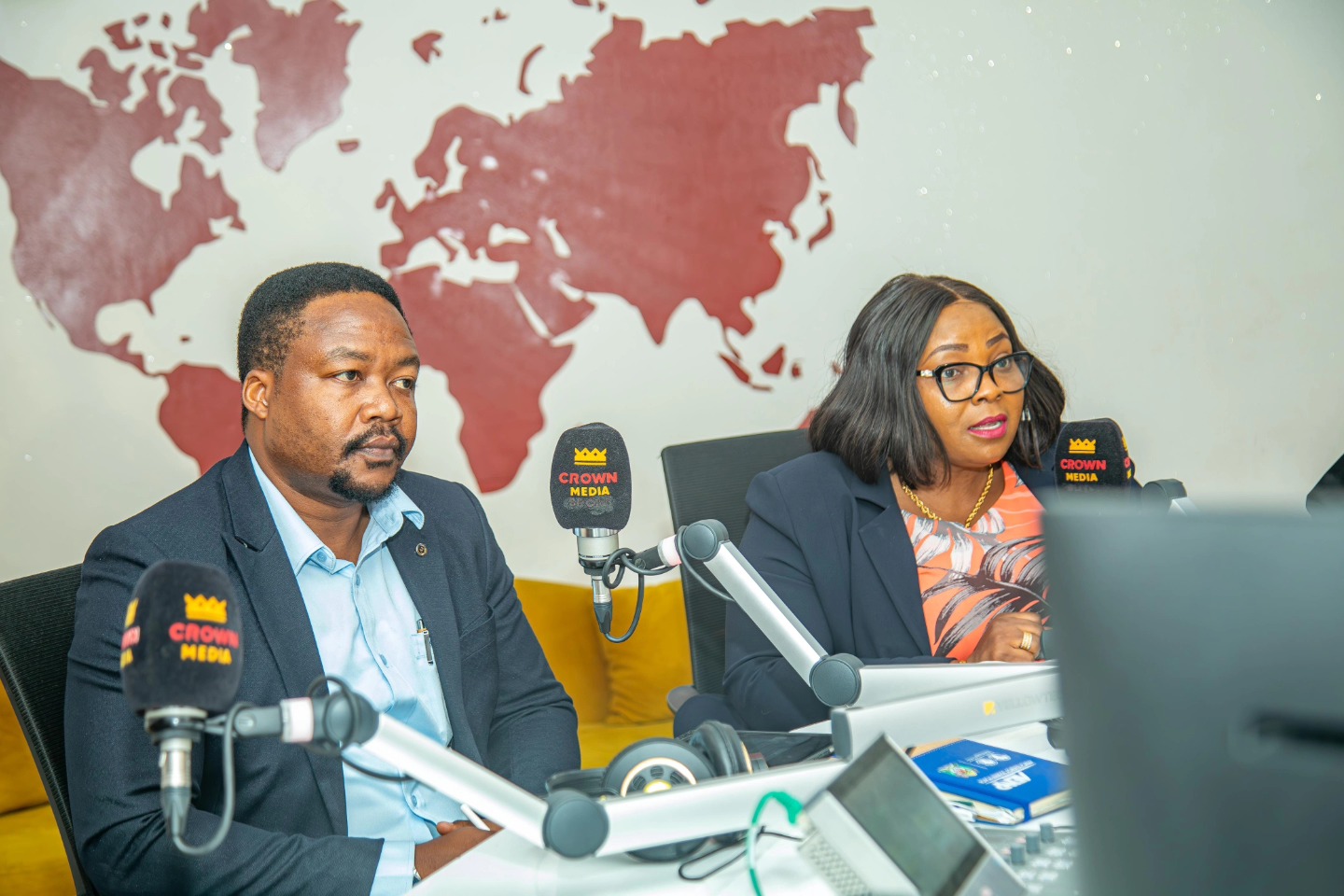Dar es Salaam. The 14th African Internet Governance Forum (AfIGF) has resolved to strengthen regional cooperation in order to accelerate internet penetration in rural areas, a move aimed at bridging the digital divide and fostering inclusive participation in the digital economy.
The resolution was announced by the Permanent Secretary of the Ministry of Information, Communication and Information Technology, Mr Mohamed Khamis Abdula, as he officially closed the forum in Dar es Salaam on May 31, 2025.
The high-level gathering brought together stakeholders from across Africa and beyond to deliberate on key policy, infrastructure, and governance issues in the digital space.
Mr Abdula stated that one of the forum’s key outcomes was a joint commitment to dismantle regional barriers to connectivity—including the promotion of interoperability among mobile network operators across African countries.
This would enable users to operate with a single SIM card when travelling across the continent, enhancing cross-border digital mobility and economic efficiency.
He emphasised that digital transformation is pivotal to advancing good governance, enhancing service delivery, and generating employment opportunities.
The forum, he said, underscored the need for continent-wide strategies to scale up digital inclusion in line with ongoing technological advancements.
“Digital progress is fundamental to development—it empowers citizens, enhances transparency, and creates opportunities,” Mr Abdula remarked.
“By bringing internet access to underserved rural communities, we can ensure no one is left behind in the unfolding digital revolution.”
He further noted that Tanzania showcased several major projects and policy initiatives currently being implemented to improve digital infrastructure.
Among them is the National Fibre Optic Backbone (NICTBB) expansion project, which is being rolled out to extend broadband access to more rural and underserved areas across all regions of the country.
Another key initiative highlighted was the establishment of community digital centres in remote districts.
These centres are designed to offer access to internet services, digital skills training, and e-government services, thus helping rural populations engage more effectively in the digital economy.
In addition, Tanzania has embarked on a Digital Tanzania Project, supported by the World Bank, which aims to improve public digital services, boost internet connectivity in schools and health centres, and strengthen the country’s capacity in digital governance and cybersecurity.
Speaking during the same event, National Coordinator for the forum, Dr Naza Kilama, attributed Tanzania’s successful hosting of the AfIGF to the visionary leadership of President Dr Samia Suluhu Hassan.
He noted that her administration’s commitment to opening up Tanzania to international engagement and investment had created an enabling environment for convening such a significant continental event.
Dr Kilama added that the forum provided a valuable platform for stakeholders to exchange ideas and experiences on a broad range of digital governance matters.
Among the most promising proposals discussed was the adoption of a unified SIM card system across Africa, which delegates agreed would not only enhance digital integration but also unlock new economic potential across the continent.

